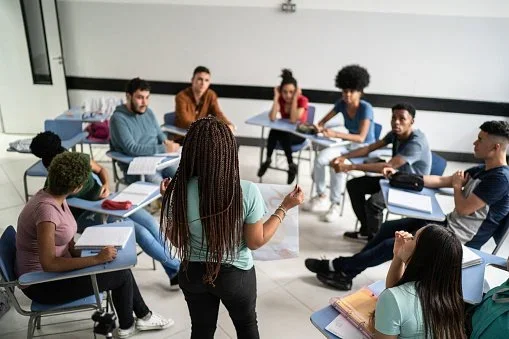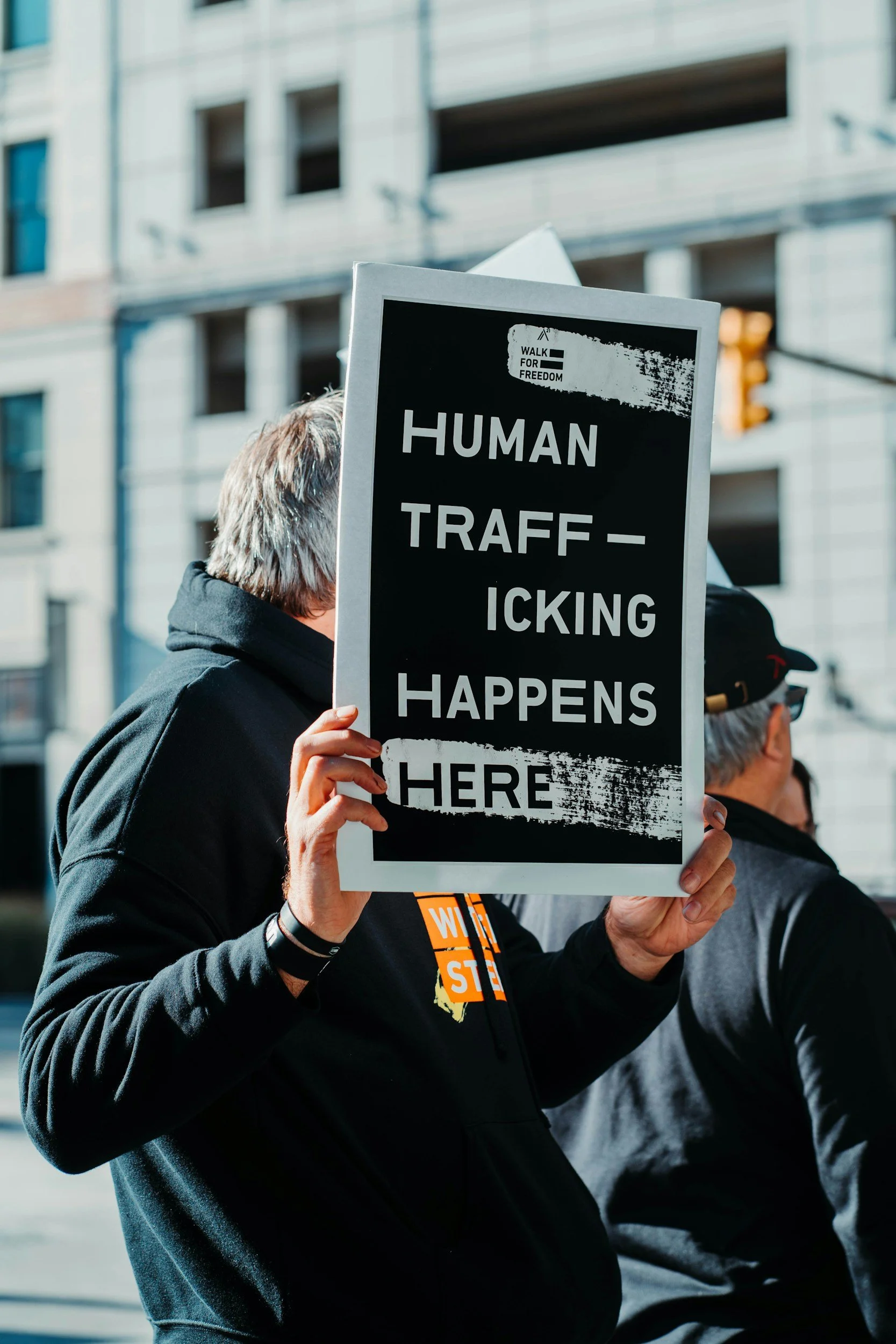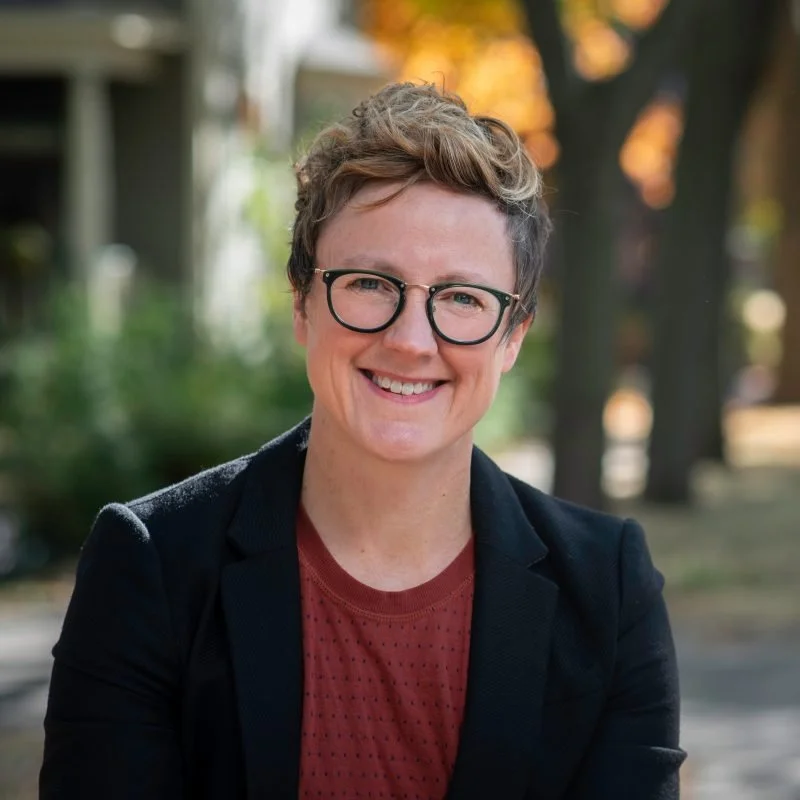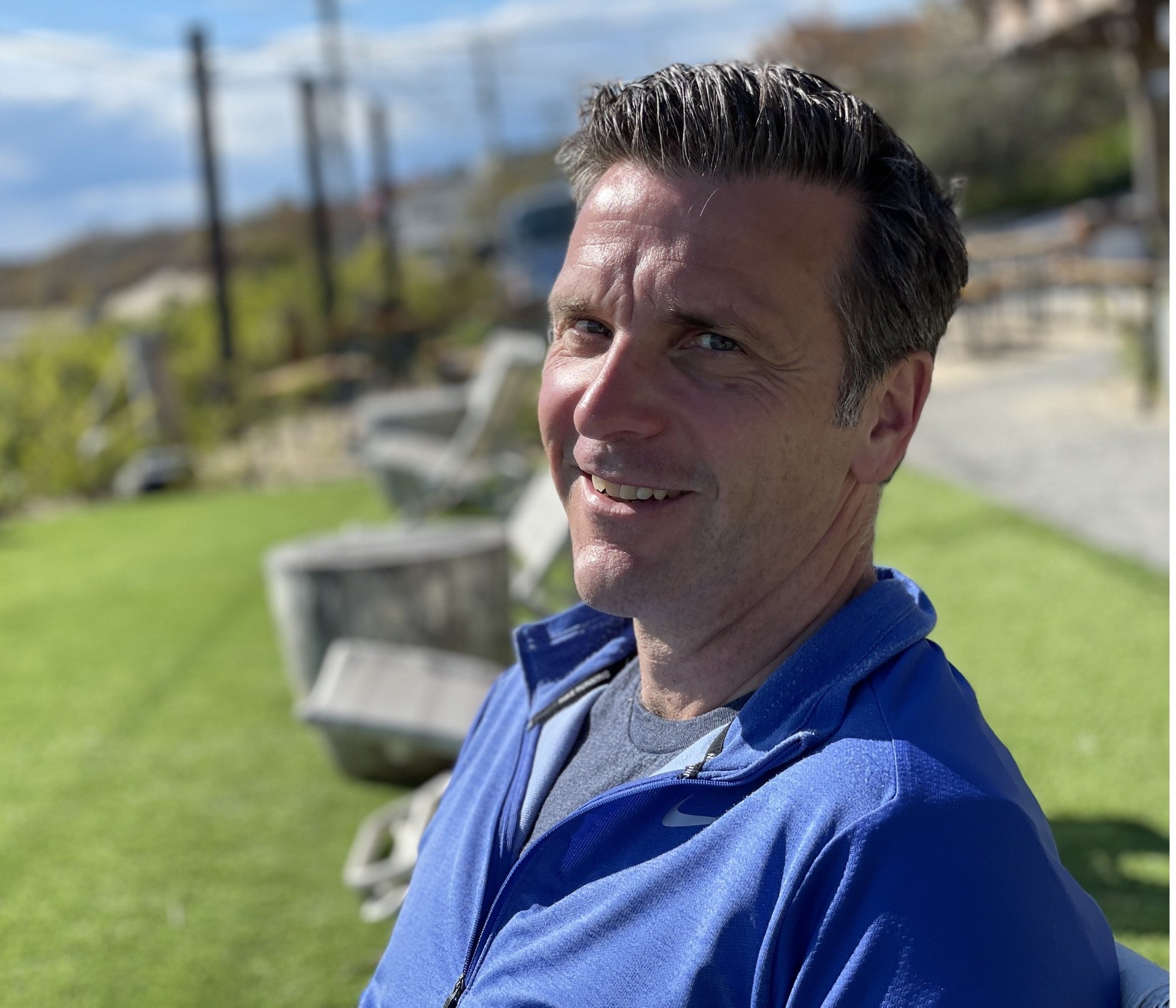Views & News
Interviews, podcasts, research from inside and outside Youth Catalytics: you’ll find it all here. We welcome your opinions, conjectures, rejoinders, and anything else you have say. We’re a community of professionals who care about young people, and want the information and insights expressed here to be as vital and vibrant as they are.
Have something to contribute? Add your voice to our Views & News. Contact Mindi Wisman for more information at mwisman@youthcatalytics.org
Amplifying the Youth Perspective.
Youth Catalytics has been listening to and learning from young people for decades. Today we are highlighting some of our best work over the years, soliciting the voices of young people about the complexity of their lives. We share these timeless resources because if you are in the business of helping young people, you will find some guidance here.
Our Human Trafficking Awareness Resources.
January is National Human Trafficking Awareness month. We have produced several anti-human trafficking reports, tip sheets, webinars, and more over the past few years. In recognition of this month, we want to highlight some of our human trafficking awareness resources.
Being well.
As we approach the end of 2025, we are highlighting some of our best work over the years for the youth services sector on well-being and spirituality. Included are an evaluation of mindfulness practices in schools, well-being resources for educators, and nurturing self-care and happiness in the workplace.
Our Podcasts.
We made our first official podcast in 2017 and have produced and posted 18 podcasts on our website over the years. Conversations have ranged from educator recruitment and retention to pandemic pivots to teens and screens. We have compiled them all in one place and hope you will listen, share, and let us know which ones are your favorites.
Back to (social) work. A mentorship success story.
This is the latest post in our "Back to (Social) Work Series," which covers the community activism of our former research director, Melanie Wilson. She has been leading a mentoring program for high school students in the Pacific Northwest and writes about the program’s development and success.
Trauma in check. A conversation.
Our training director Cindy Carraway-Wilson recently spoke with two youth leaders from the National Resource Center on Domestic Violence’s (NRCDV) Youth Advisory Board about their design and launch of the Triumph Over Trauma campaign. This youth-led campaign is aimed at helping participants normalize and destigmatize their experiences with trauma and adversity and explore ways to grow from them to a place of healing. The conversation is a meaningful example of positive youth development in action, we hope you’ll listen and let us know what you think.
Don’t know what you’ve got till it’s gone…
Over the past three years our work examined how America’s schools could most successfully find and support the best teacher leaders through multiple podcasts with education experts and evidence-based briefs and guides. But as of March 2025 our work was DOGED, our contract cancelled, and the meaningful work we were doing, terminated. Today many of us are out of the education game, for how long we don’t know. Nevertheless, our job is to speak up, show up, and most importantly, not give up.
Tech and the teen brain: what’s working and what’s not, from a teen’s perspective. Part two of our conversation with Erin Walsh.
Our next Insights from the Field podcast is part two of our conversation with Erin Walsh, a parent, speaker, co-founder of Spark & Stitch Institute and author of the book It’s Their World: Teens, Screens, and the Science of Adolescence. In this conversation, Erin leads a discussion with a 13-year-old middle schooler on ways to address cyber bullying, how he feels about cellphones in schools, and how we can develop better guardrails for kids online.
Tech and the teen brain; what’s working, what’s not, and what we can do about it. Our conversation with Erin Walsh.
Our latest Insights from the Field podcast is a conversation with Erin Walsh, co-founder of Spark & Stitch Institute and author of a new book, It’s Their World: Teens, Screens, and the Science of Adolescence. In the podcast, Erin talks about understanding the relevance of adolescent brain development when thinking about teens and technology, navigating technology use in schools, and much more.
‘A space for confidence, creativity, and connection.’ Our Conversation with Free 2 Be Me Dance.
Our latest Insights from the Field piece is a Q&A with an innovative organization that teaches dance to young people with disabilities: Free 2 Be Me Dance. They serve individuals of all abilities in Los Angeles regardless of their ability to pay, and have been ‘bringing the joy of dance’ to youth since 2009. Read more about this uniquely creative organization we’ve been working with, here.
Human Trafficking and Child Exploitation Prevention Publications.
Today we’re highlighting our latest anti-human trafficking and exploitation publications—two tipsheets on human trafficking and child exploitation prevention strategies for educators. The first is a resource for K–12 educators that offers strategies they can use to talk with youth about human trafficking and exploitation prevention methods. The second tipsheet highlights how K–12 educators can implement a human trafficking and exploitation prevention program in their school with students and staff.
Working Well: Recruiting and Retaining Black Educators.
Our new resource brief and podcast are both focused on Black educator recruitment and retention, featuring three programs and their leaders: Dr. Rashad Anderson from Call Me MiSTER, Dr. Trinity Davis from Teachers Like Me, and Keilani Goggins from The Black Educators Initiative. In the podcast, we discuss their strategies for recruitment, how they promote educator well-being and empowerment, and disrupt inequities. The accompanying brief outlines how their programs incentivize potential Black candidates to become teachers, and remain committed to the profession long term. Both resources are part of Working Well, a project that focuses on educator well-being.
Back to (social) work: Weaving community.
This is the latest in our series, Back to (social) work, from our colleague Melanie Wilson. She discusses developing a community-building program in Washington State. The goal of the program is to develop connections between people with seemingly different interests by engaging them in projects the entire community values. Melanie talks about the power of involving people in meaningful projects like trash-cleanup, mentoring, mural painting, neighborhood meals and more to build community and camaradarie.
Working Well: A Leadership Coach’s Perspective on Well-Being.
Executive Director Melanie Goodman speaks with education leader Peter DeWitt in our next conversation for our Working Well podcast series. Peter is a former public school teacher and principal, and now facilitates professional learning in the United States and abroad based on his best-selling educational books. He also writes the Finding Common Ground blog published by Education Week. In this conversation, Peter, who is gay, shares how he has inadvertently become a leader for other LGBTQI+ educators and how he sees himself first and foremost as a learner and a communicator.
Human Trafficking Prevention Strategies for Vulnerable Students.
We’re highlighting our latest anti-human trafficking publication—a tip sheet on human trafficking prevention strategies for vulnerable students. Having physical, learning, or other disabilities, being a newcomer to the United States, and/or being unstably housed or homeless make some students more vulnerable to human trafficking and child exploitation than others. The resources we’re featuring here focus on the unique vulnerabilities of specific populations of students and how to address them.
Working Well: A Teacher-Mentor’s Perspective on Well-Being.
Executive Director Melanie Goodman speaks with educator Kathy Nimmer in our next conversation for our Working Well podcast series. The aim of these podcasts is to better understand how an investment in educator well-being can improve student success. Kathy was a high school English teacher for 29 years, Indiana’s Teacher of the Year in 2015, and also happens to be blind. Kathy discusses how she defines her disability, the learning curve of her own classroom experience, and her work mentoring new teachers.
Working Well Resource Directory
Today we’re highlighting the Working Well Resource Directory we recently created with The National Center on Safe Supportive Learning Environments. The directory includes over 70 carefully curated toolkits, blog posts, journal articles, podcasts and more all addressing how staff well-being and related practices are being implemented to improve conditions for teaching and educators. The directory also includes resources on equity among special populations.
Our Training Director Has Taken Off!
Youth Catalytics’ Training Director Cindy Carraway-Wilson has decades of experience leading professional development trainings in the child and youth care services sector. Today we highlight two of her recent training experiences in Alaska and Kentucky which happily included in-person sessions, and welcomed dozens of newly certified professionals to the field.
Working Well: A Superintendent’s Perspective on Staff Well-Being.
Today we highlight the second interview in our Working Well podcast series with the National Center on Safe Supportive Learning Environments (NCSSLE). The aim of the podcasts is to better understand how an investment in educator well-being can improve student success. Youth Catalytics’ Melanie Goodman speaks with Dr. Georgeanne Warnock, the Superintendent of Terrell Independent School District, in Terrell, Texas, who has twenty-five years of experience in public education. She talks about managing staff recruitment and retention, being an advocate for public schools, the social emotional health of students and staff, and gives an update on the remarkable student and staff gains they’ve seen since changing to a four day school week.
Working Well: A Teacher’s Perspective on Staff Well-Being.
A concerted investment in staff well-being can only help to ensure the health of the educational system and its workforce. Given that, we produced the Working Well podcast series with the National Center on Safe Supportive Learning Environments, the first of which we’re featuring here. In this episode Melanie Goodman speaks with Jermar Rountree, the 2023 D.C. Teacher of the Year and a Pre-K through 8th grade health and physical education teacher at a Title I school. He talks about the social emotional learning activities he incorporates into his teaching, the importance of sharing feelings, supporting colleagues in health and wellness, having autonomy in the classroom, and what sustains his passion for teaching. Learn more and listen.






















